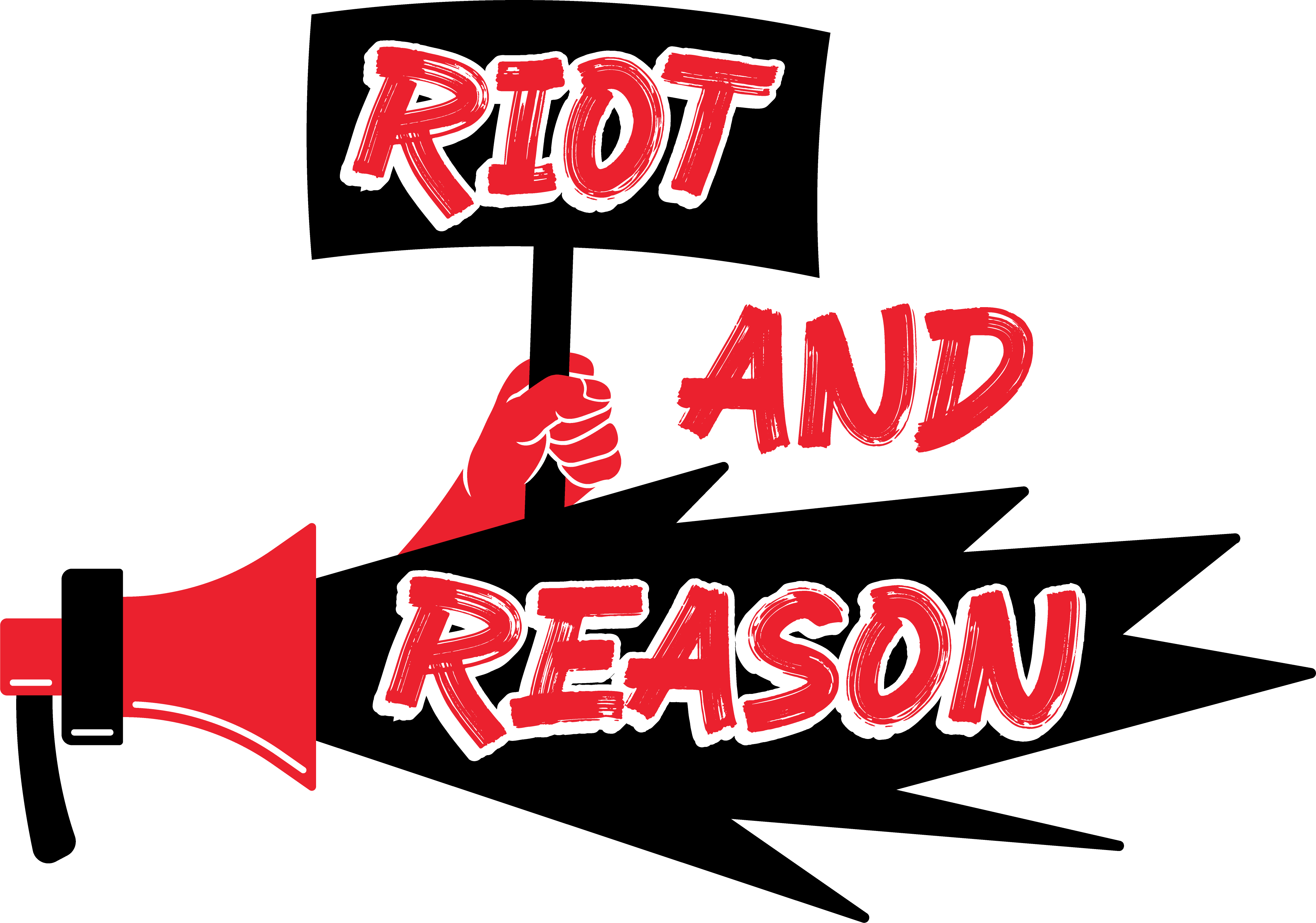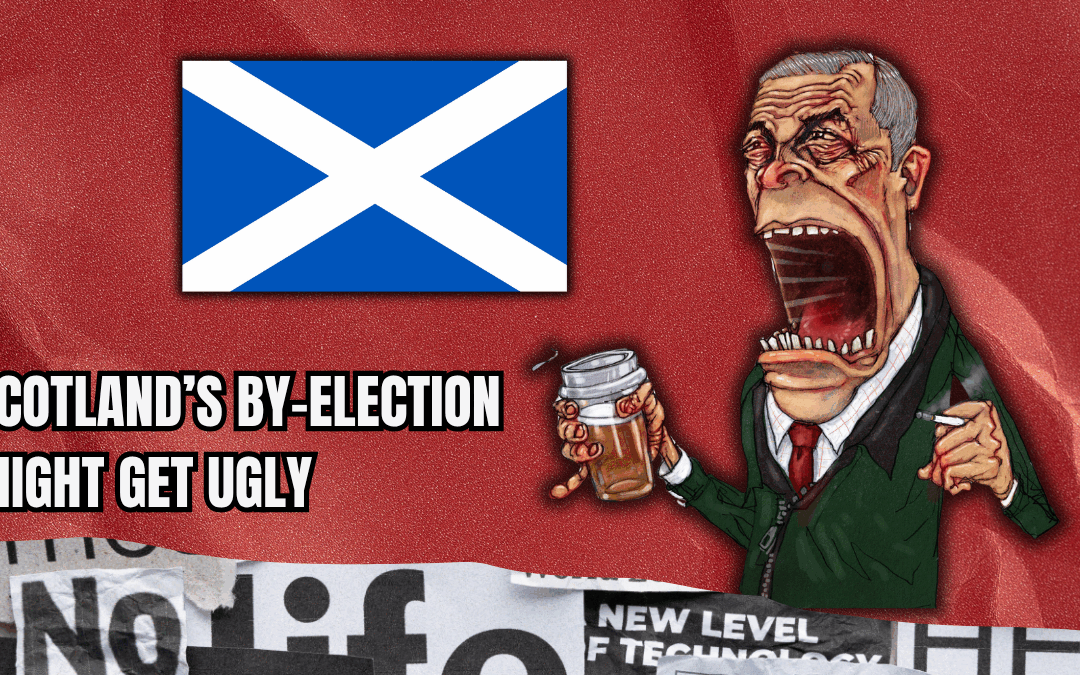
Depression, bullying, and physical and mental stress is hardly going to make it onto a LinkedIn warrior’s profile. But disguised in camo print, this is marketed as an attractive career path. Welcome to Britain, the only European and NATO member country to enlist children into the army from the age of 16. And their targets: lower income areas.
Wars cost lives. But are some worth more than others? While most 16 year olds might get a part time job in their local supermarket or drive thru, those with fewer options are shoved into combat boots and forced through intense and demanding training. The army claims to provide ‘new adventures, challenges, and the chance to make a real difference.’ They also include ‘travelling the world and engaging in thrilling sports’ in the job description. What they don’t say is that those who joined as children were twice as likely to die in Afghanistan and are twice as likely to take their own lives compared to those who join as adults. This isn’t patriotism. It’s exploitation.
So what is happening to children in the army? Jim Wyke, coordinator and director of the National Security and Children’s Rights Campaign at the Child Rights International Network (CRIN) puts it plainly. “The current policies in place fail – actually fail – those who only want to serve their country or better themselves, so disgracefully, that we have to change them,” he says. “When you join at 16, you can’t leave for the first six weeks of training. Parents can’t come and visit, and you have very limited access to your phone. If that’s not a recipe for child abuse, I don’t know what is. It’s completely inadequate.”
But instead of helping, the government is marching forwards. Earlier this year, they announced it will be easier to join the army. They also happened to cut incapacity benefits for those aged under 22, and encouraged this chronically lazy group into work or education – with a specific push on the understaffed army. But this isn’t a dreaded Saturday shift stacking shelves or flipping burgers. Surely signing away your freedoms – and in some cases your life – should be a longer, well considered process? Armed forces Minister, Luke Pollard, described this new recruitment style as a way to ‘attract the best talent’. But if that means closing every door except one that leads to the barracks, is this really a choice?
“Poverty is the greatest recruitment sergeant,” says Jim. “Think of what’s pushing 16 year olds to continue to join the military. If you want to get away from home, if there’s alcohol or drugs in the house, you’re from a very difficult upbringing, your parents need the money and you want to send some home to support your family, one of the only ways of doing it at that age is to join the military. Recruitment at 16 is really a story of austerity. It’s a story of child poverty and it’s a story of deprivation.”
Worryingly, this trend isn’t new. Research in collaboration with the CRIN found recruitment to be 57% higher in the most deprived fifth of constituencies than the least deprived fifth. But for those who do join under the age of 18, around 30% end up dropping out. So this clearly isn’t the dystopian gap year the recruitment video jumping from heavy machinery to snorkelling would have you believe. It’s a cruel test. And it’s not children failing, it’s the system failing them.
So why are we still encouraging this? “The army can be meritocratic and can provide a route to education, while giving people a sense of purpose and experiences they wouldn’t get anywhere else. I would never argue against the armed forces. But not at 16. At 16 you are a child,” says Jim.
“The only reason it is set up this way is because it’s poor, young, white working class men who have to do this. And who gives a f*ck about them?”
That’s the brutal reality. Despite a YouGov survey finding that only 17% of the public think 16 and 17 year olds should be allowed to join the army, nothing changes. Sure, the SNP did tuck away a promise to increase the recruitment age to 18 – on the very last page of their 2024 manifesto. Jim says: “I personally find it frustrating that we’ve not moved further and faster on this, but I’m hopeful. I’m hopeful for the future and I’m hopeful that whether it’s under a Labour government, a Conservative government, or whatever it looks like, this will happen. It’s just a matter of time.”
Whether or not children should be preparing for war is a sick debate. But making it a class war is unforgivable.
The Ministry of Defence and the Department for Work and Pensions were approached for a comment. Neither have responded.






